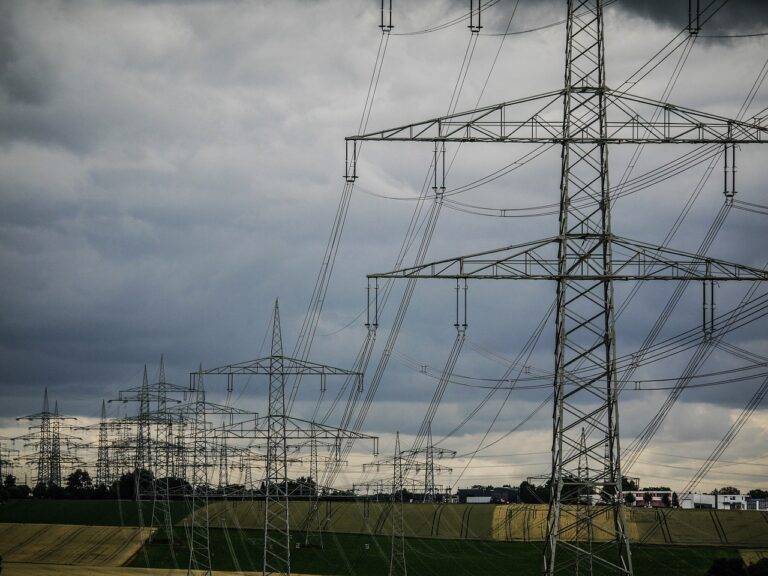The Impact of Blockchain on Transparency in Government Operations
Traditional government record-keeping faces numerous challenges in today’s digital age. One of the main issues is the vulnerability of paper-based records to physical damage, loss, or unauthorized access. This poses a significant risk to the security and integrity of important government data, as well as the privacy of citizens’ information stored in those records.
Moreover, the reliance on manual record-keeping processes can lead to inefficiencies and delays in accessing information. Searching through stacks of paper documents or navigating complex filing systems can be time-consuming and error-prone, impacting the government’s ability to make informed decisions in a timely manner. As technology advances and society becomes increasingly digitalized, the limitations of traditional record-keeping methods become more apparent, highlighting the need for innovative solutions to address these challenges.
Benefits of Implementing Blockchain Technology in Government Operations
Blockchain technology offers numerous advantages for enhancing government operations. One key benefit is the increased transparency it provides through its inherent structure of shared and immutable ledgers. This transparency helps to build trust between the government and its citizens as transactions and data are securely recorded and easily traceable.
Furthermore, the decentralized nature of blockchain technology eliminates the need for intermediaries in government processes, leading to cost savings and increased efficiency. By streamlining operations and reducing the bureaucratic red tape associated with traditional record-keeping methods, governments can better allocate resources and focus on delivering improved services to the public.
Enhanced Security and Data Integrity with Blockchain
Blockchain technology offers unparalleled security and data integrity in government operations. Through its decentralized and tamper-proof nature, blockchain ensures that data stored within the system is resistant to unauthorized modifications. This provides a high level of trustworthiness and transparency in government record-keeping, which is crucial for maintaining public trust and accountability.
By using cryptographic principles, blockchain technology authenticates and secures each transaction or record added to the blockchain. This cryptographic verification adds an extra layer of security, making it extremely difficult for malicious actors to compromise the system. As a result, government agencies can have confidence in the validity and credibility of the data stored in the blockchain, reducing the risk of fraudulent activities and ensuring the accuracy of important governmental records.





